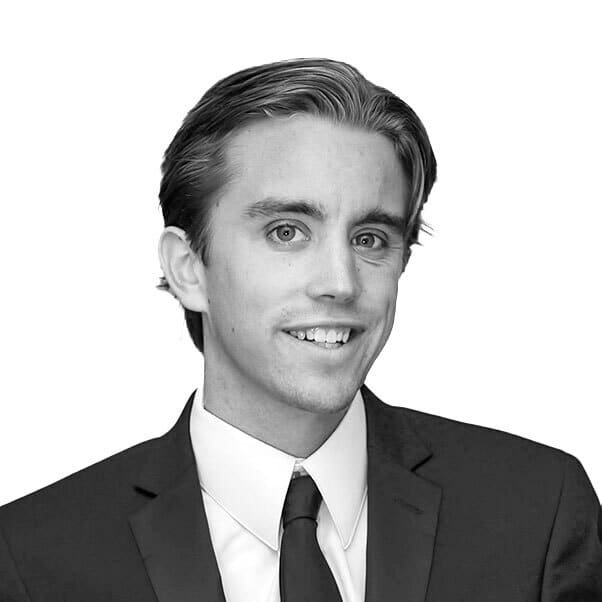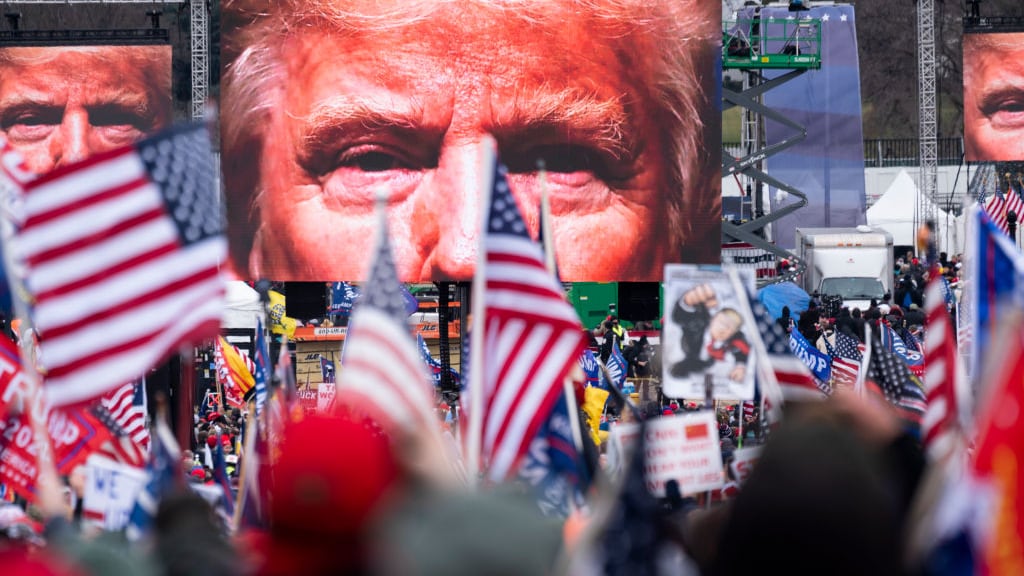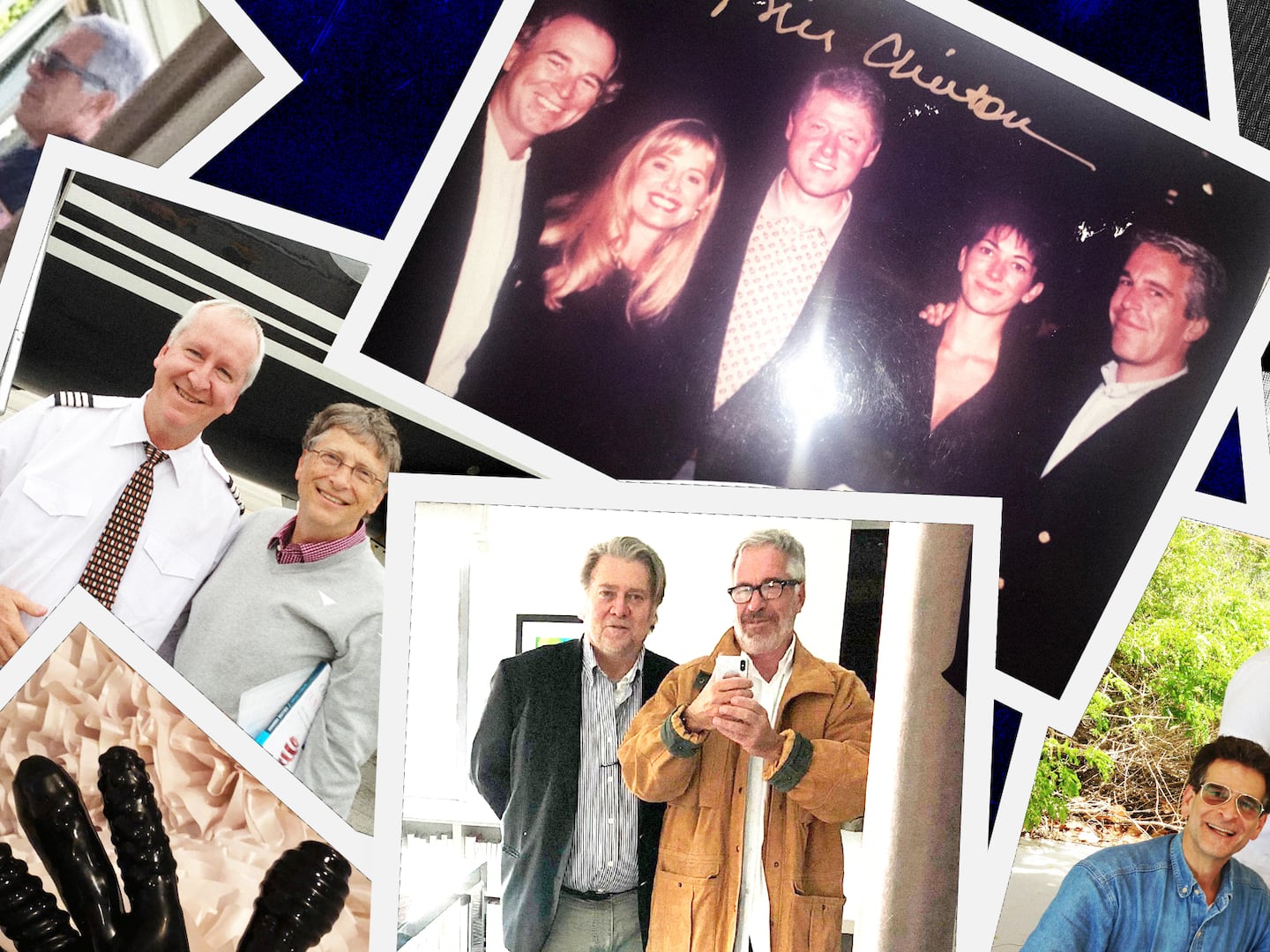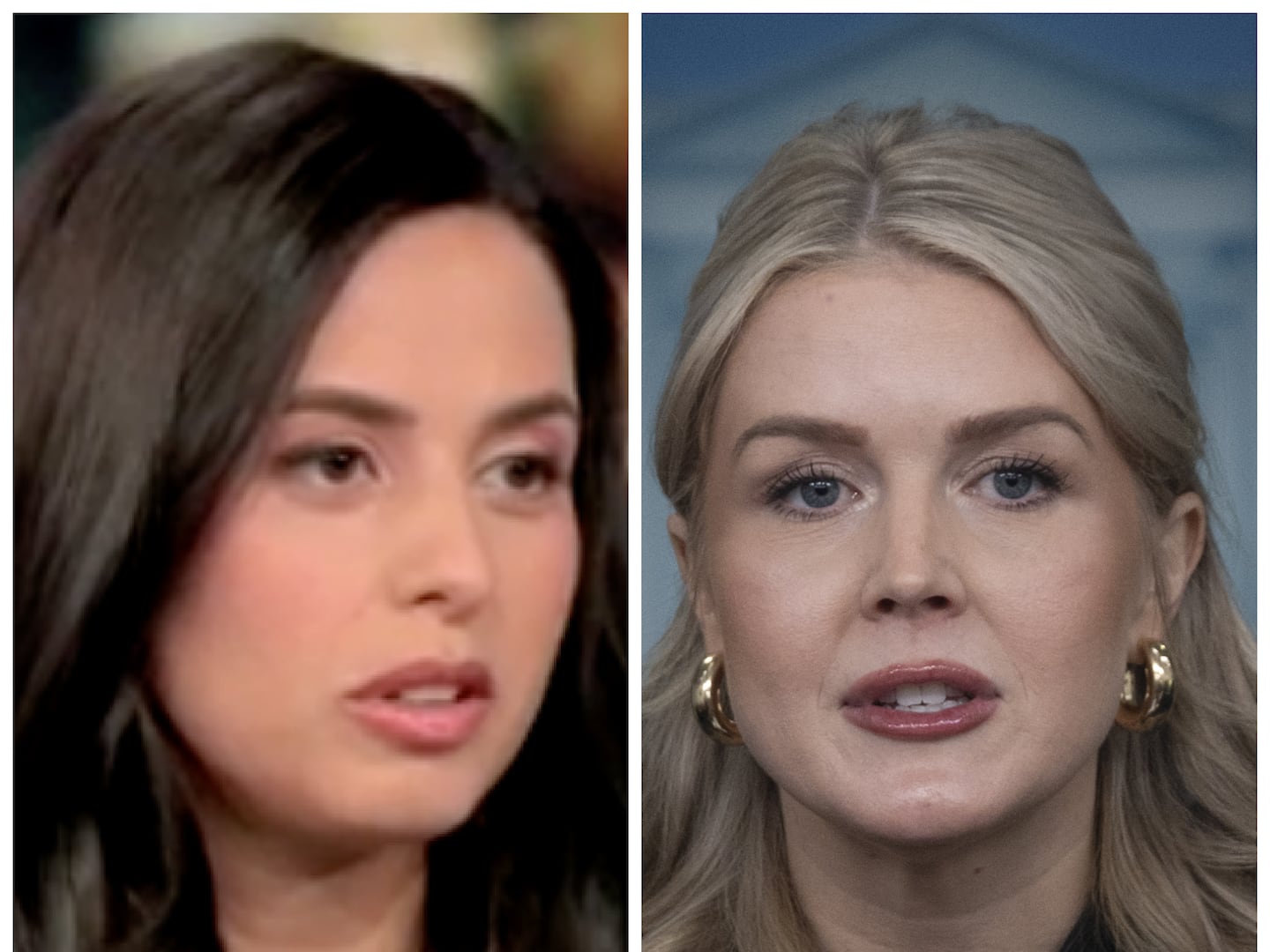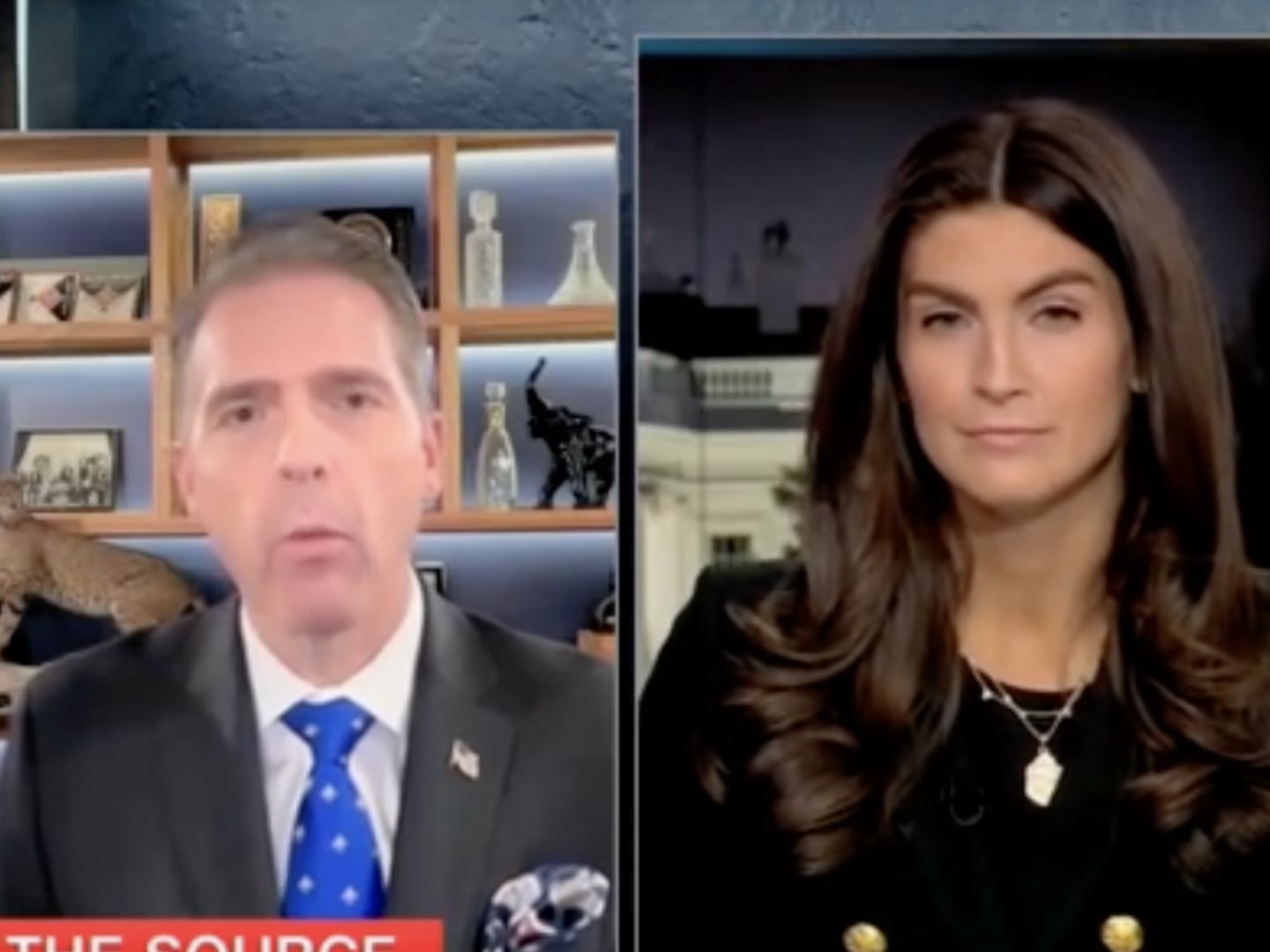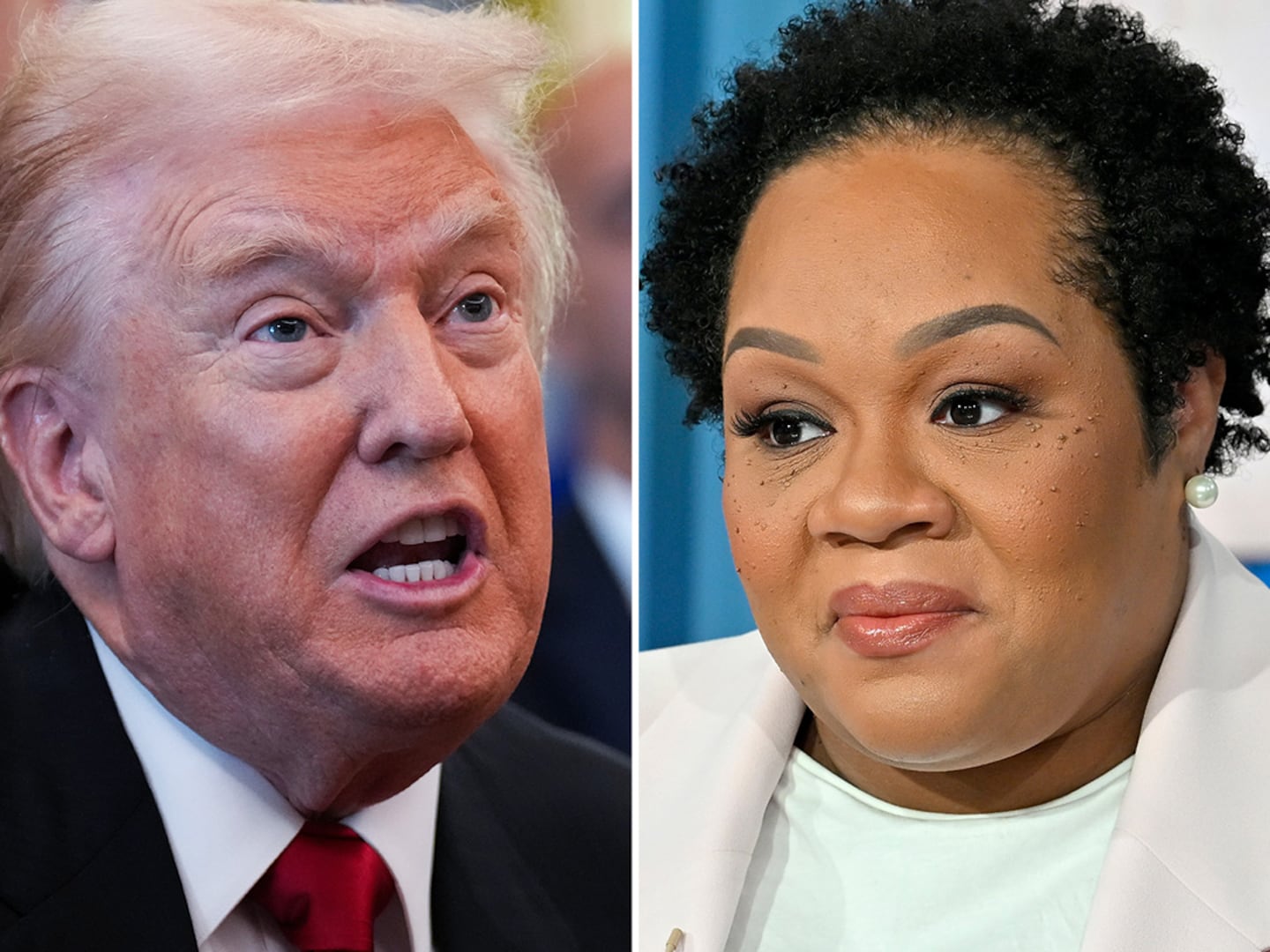Special counsel Jack Smith directly accused former President Donald Trump of sending angry supporters to the Capitol to “achieve the criminal objective” of preventing the certification of the 2020 election ahead of the Jan. 6 attack on the Capitol in a notice filed in Federal Court on Tuesday
“[Trump] sent supporters, including groups like the Proud Boys, whom he knew were angry, and whom he now calls ‘patriots,’ to the Capitol to achieve the criminal objective of obstructing the congressional certification,” Smith wrote. “Evidence of the defendant’s post-conspiracy embrace of particularly violent and notorious rioters is admissible to establish the defendant’s motive and intent on January 6.”
Smith added that Trump had the opportunity to call off his supporters and help to prevent much of the violence that occurred that day but chose not to.
“His statements in this time period agreeing that he then held, and still holds, enormous influence over his supporters’ actions is evidence of his knowledge and intent to obstruct the certification, as he chose not to exercise that influence to mitigate the violence on January 6.
Among the evidence the special counsel asked to produce in demonstration of Trump’s “encouragement of violence” was his notorious call during the Sept. 29, 2020 presidential debate asking the Proud Boys to “stand back and stand by.”
Smith also said the special counsel would introduce years worth of evidence pointing to Trump’s efforts to sow mistrust in the outcomes of U.S. elections as far back as 2012—namely in the form of Trump’s old tweets.
During the 2012 election, Trump claimed without evidence that voting machines had switched votes in favor of Mitt Romney to support President Barack Obama. Such statements “laid the foundation for the defendant’s criminal efforts,” Smith argued.
“At trial, the Government will introduce a number of public statements by the defendant in advance of the charged conspiracies, claiming that there would be fraud in the 2020 presidential election,” Smith wrote.
Trump’s suggestion that he would pardon those who participated in the Jan. 6 attack ought to be admissible in court “to help the jury assess the credibility and motives of trial witnesses, because through such comments, the defendant is publicly signaling that the law does not apply to those who act at his urging regardless of the legality of their actions.”
